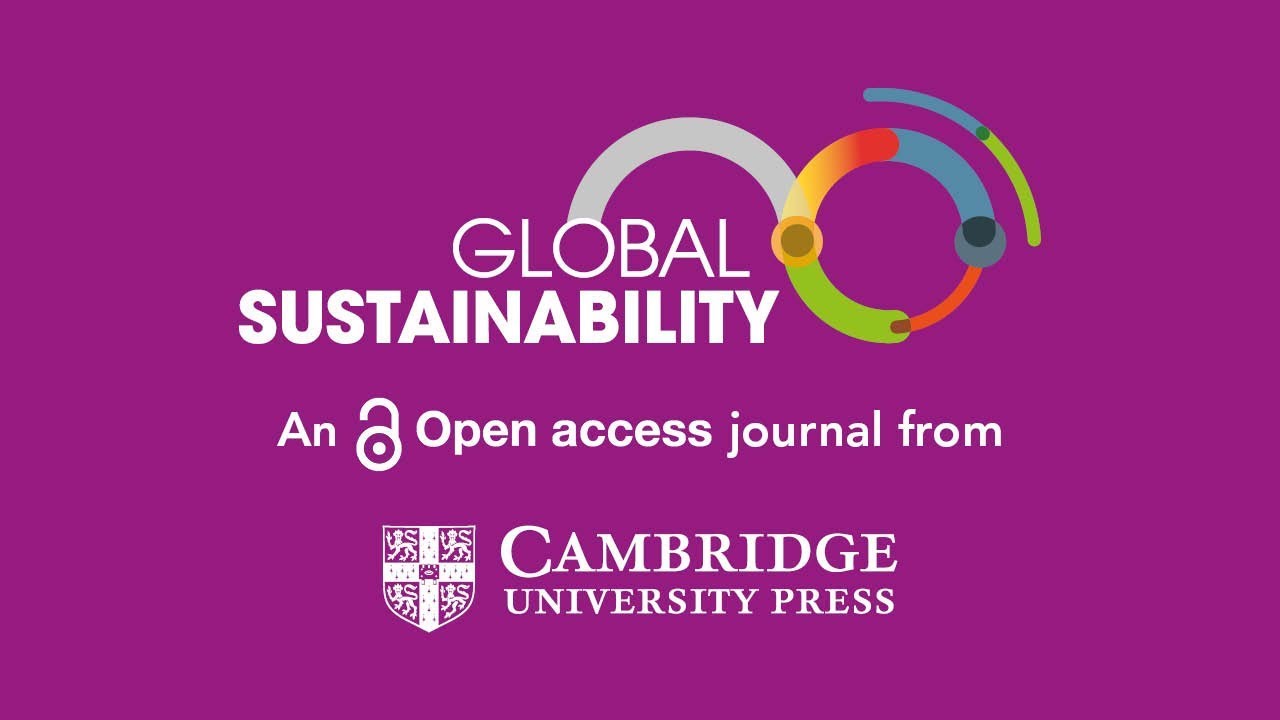While increased climate warming may motivate ambitious actions that remediate the climate crisis, Millward-Hopkins proposes that it may have the opposite effect. He argues that the indirect impacts of warming, such as widening socioeconomic inequalities, increased migration, and heightened risk of conflict, interact with key drivers of authoritarian populism in ways that may foster resistance and inaction on emission reductions. By linking the environment to politics and the economy in this way, Millward-Hopkins highlights a particularly pernicious—but not inevitable—inter-systemic interaction of the global polycrisis.
Why the impacts of climate change may make us less likely to reduce emissions

Author(s)
Joel Millward-Hopkins
Publication Date
December 7th, 2022
Publisher
Cambridge University Press
DOI / URL

Resource Type
Academic Journal Article
Systems Addressed
Climate • Economy
Resource Theme
Sustainability and Transition
